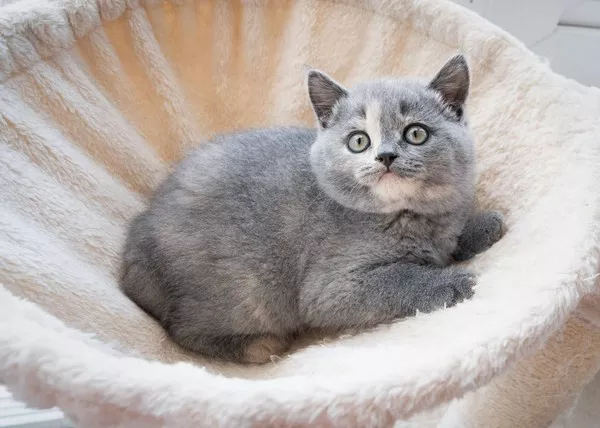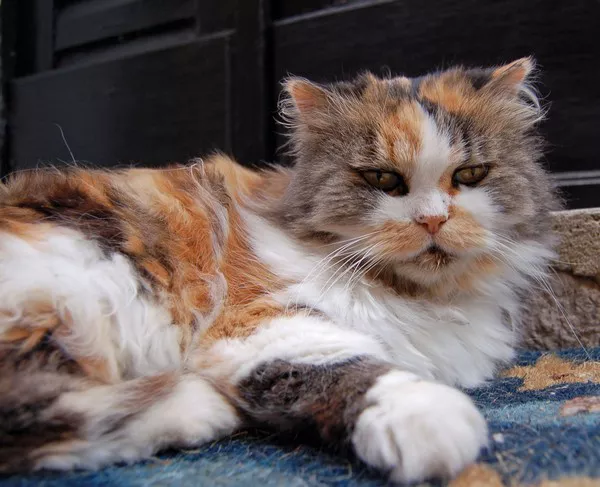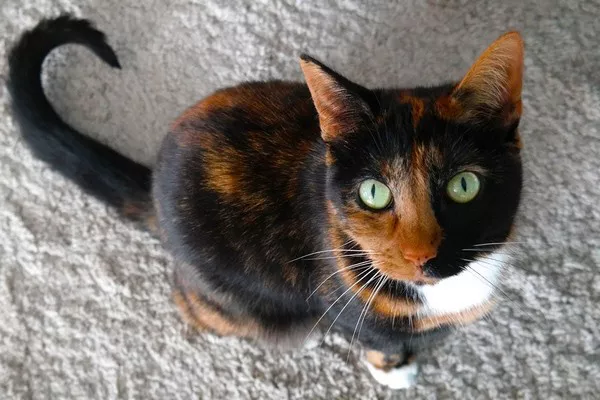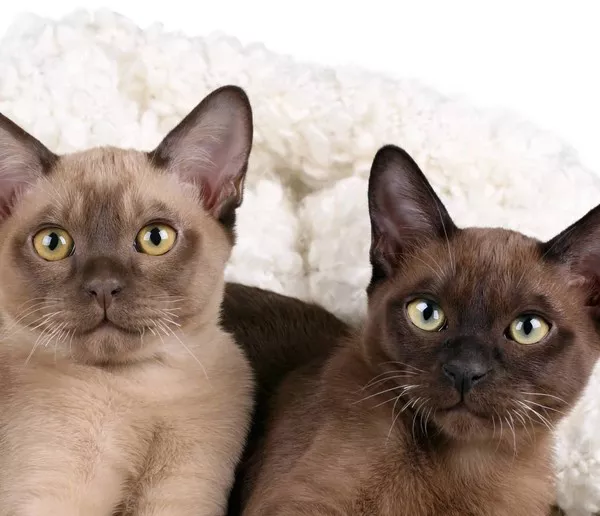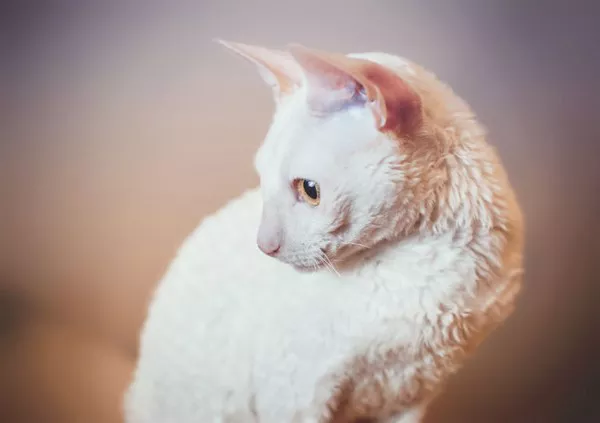The British Shorthair cat breed has gained immense popularity worldwide for its charming appearance, gentle nature, and distinctively dense coat. As with any breed, prospective owners must consider the health factors associated with British Shorthairs to ensure the well-being of their feline companions. In this article, we will delve into various aspects of the British Shorthair’s health, including genetic predispositions, common health issues, preventive measures, and overall care.
1. Genetic Predispositions:
Genetics play a crucial role in determining the health of any cat breed, including British Shorthairs. To ensure the breed’s vitality, responsible breeders take steps to minimize potential genetic risks. It is important to research and connect with reputable breeders who prioritize genetic testing and regular health check-ups for their breeding cats.
2. Common Health Issues:
While British Shorthairs are generally considered a healthy breed, there are a few conditions that may affect them:
Hypertrophic Cardiomyopathy (HCM): HCM is a heart disease that can be inherited in some British Shorthair lines. Regular cardiac screenings and genetic testing can help identify affected individuals and reduce the prevalence of HCM within the breed.
Polycystic Kidney Disease (PKD): PKD is another genetic condition commonly found in British Shorthairs. It causes the formation of fluid-filled cysts in the kidneys. Responsible breeders screen their breeding cats for PKD and avoid mating individuals with the disease.
Obesity: British Shorthairs have a tendency to gain weight if not provided with a balanced diet and regular exercise. Owners should monitor their cat’s weight and consult with a veterinarian to design an appropriate nutrition and exercise plan.
3. Preventive Measures:
To maintain optimal health, it is important to implement preventive measures for British Shorthairs:
Regular Veterinary Check-ups: Routine visits to the veterinarian are essential to detect any potential health issues early on. Vaccinations, parasite control, dental care, and overall wellness examinations should be a part of their healthcare regimen.
Balanced Diet: A nutritious and well-balanced diet tailored to the specific needs of British Shorthairs is crucial. Consult your veterinarian to determine the appropriate food, portion sizes, and feeding schedule for your cat.
Exercise and Mental Stimulation: British Shorthairs are generally less active compared to some other breeds, but they still require regular exercise to maintain a healthy weight and overall well-being. Engage them in interactive play sessions, provide scratching posts, and offer mental stimulation through puzzle toys.
Dental Care: Dental hygiene is important for preventing periodontal disease. Regular teeth brushing and providing dental treats or toys designed to promote oral health can help prevent dental issues.
4. Overall Care:
Aside from preventive measures, British Shorthairs require general care similar to other cat breeds:
Grooming: Their dense and plush coat requires regular grooming to minimize matting and hairballs. Brushing their coat at least once a week is recommended. Additionally, regular nail trims, ear cleaning, and dental check-ups should be included in their grooming routine.
Environmental Enrichment: British Shorthairs thrive in an enriched environment that includes perches, hiding spots, and interactive toys. Providing them with a stimulating indoor environment can help prevent behavioral issues associated with boredom.
Conclusion:
In conclusion, British Shorthairs are generally considered a healthy breed with a few genetic predispositions to certain health conditions. Responsible breeding practices, regular veterinary care, a balanced diet, and adequate exercise are key factors in ensuring the overall health and well-being of British Shorthairs. By being knowledgeable about their specific needs, prospective owners can provide optimal care and enjoy a happy and healthy life with their beloved British Shorthair companions.

